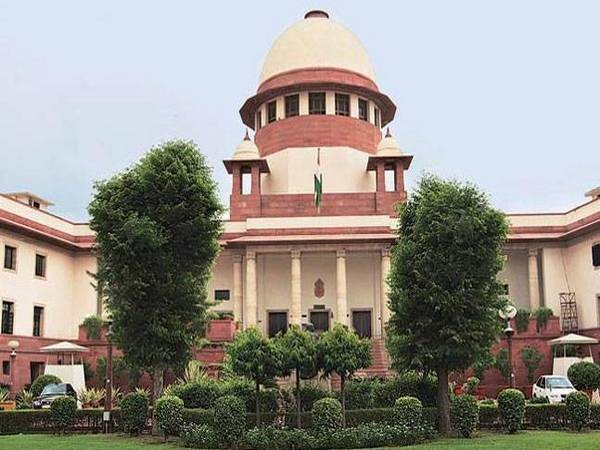


A five-judge Constitution bench comprising Chief Justice of India D Y Chandrachud, justice Sanjiv Khanna, justice B R Gavai, justice J B Pardiwala, and justice Manoj Misra is set to hear a batch of petitions challenging the validity of the Centre’s electoral bonds scheme as a source of political funding. The aforementioned Constitution bench of the Supreme Court will commence hearings on October 31.
Prior to this on October 16, the Supreme Court had said that its intention is to refer the challenge to the electoral bonds scheme to a bench of at least five judges in the apex court. The decision to refer the matter to a Constitution bench consisting of at least five judges was announced by Chief Justice of India D Y Chandrachud.
Given the significance of the issues raised and in accordance with Article 145(4) of the Constitution, the Chief Justice Chandrachud stated that the matter should be presented before a bench of at least five judges. On October 10, a bench led by Chief Justice of India D Y Chandrachud, accompanied by justices J B Pardiwala and Manoj Misra, announced that the final hearing on the matter would commence on October 31, with the possibility of continuation on November 1 in the event of a spillover.
The Association for Democratic Reforms, Communist Party of India (Marxist), Dr. Jaya Thakur (a Congress leader), Spandan Biswal, and others have filed petitions against the scheme.
During the hearing on October 10, advocate Prashant Bhushan, representing one of the petitioners, presented three grounds on which the electoral bonds scheme has been contested: firstly, the fact that it was passed as a money bill; secondly, the anonymity of electoral bonds, which has been legitimised for political party funding, violates citizens’ right to information; and thirdly, it promotes corruption as substantial funds flow to political parties from companies that have received benefits from them. Bhushan emphasised, “It is a mechanism that encourages corruption in the country…”
The Chief Justice inquired: “Does the source of funding occur through banking channels? How does the scheme function? Is the purchase of an electoral bond conducted via bank transfer or cash?” Bhushan stated that both methods are permissible. “This is crucial because if it is done through a bank transfer… the purchaser remains anonymous,” the Chief Justice remarked. Bhushan noted that the source is known to the State Bank of India (SBI) but is not disclosed, and the total amount can range from Rs 10,000 to Rs 1 crore.
Advocate Shadan Farasat, representing another petitioner, mentioned that purchases typically do not take place with cash, and “you must have an account in a designated bank account, and it can only be done through a bank transfer.” Farasat added that the identity of the purchaser of the electoral bonds is kept anonymous, and the true anonymity lies in “when you transfer to a political party, who has transferred to which political party is anonymised from the public domain, and that is the real challenge from our side.”
The Chief Justice inquired whether the electoral bond is akin to a bearer bond and whether it is in the person’s name or if it is similar to a bearer bond that can be transferred to anyone. Bhushan stated that it is transferred to political parties. Advocate Farasat noted that the party entitled to encash electoral bonds must be a recognised political party.